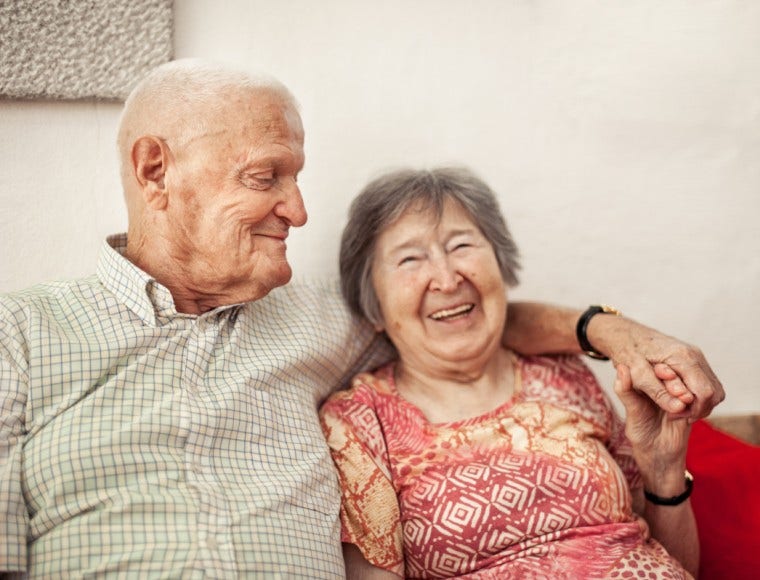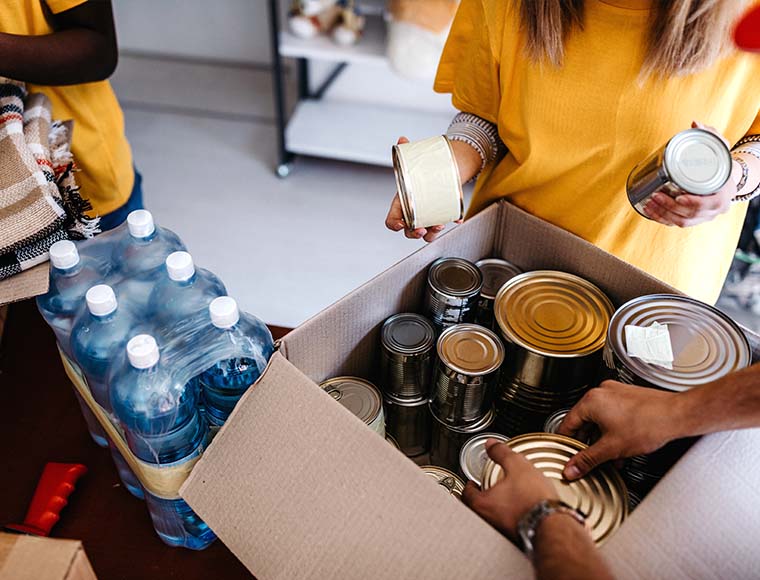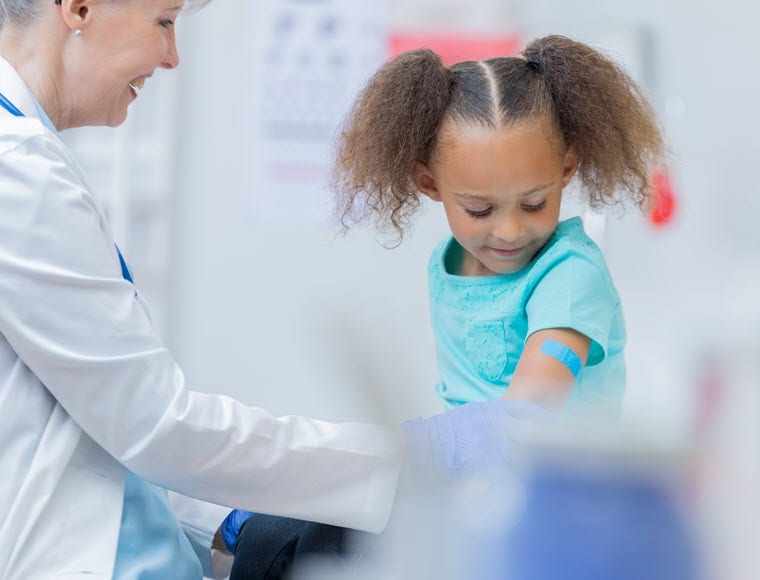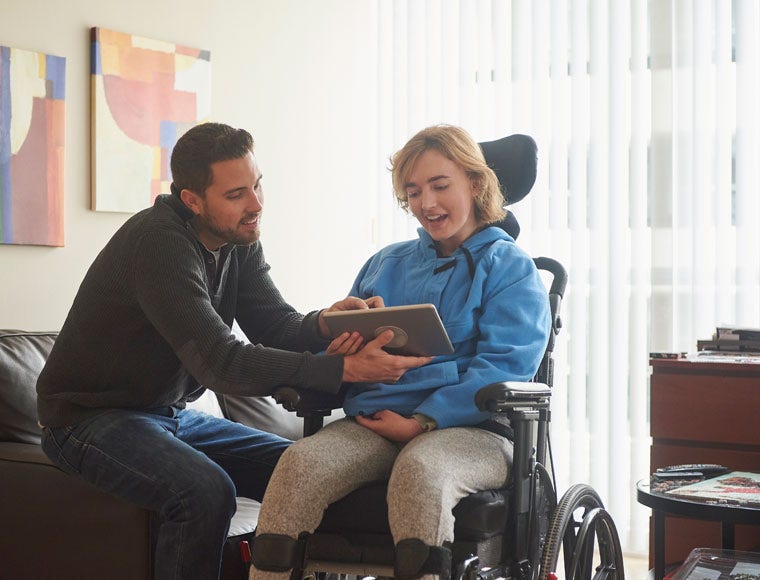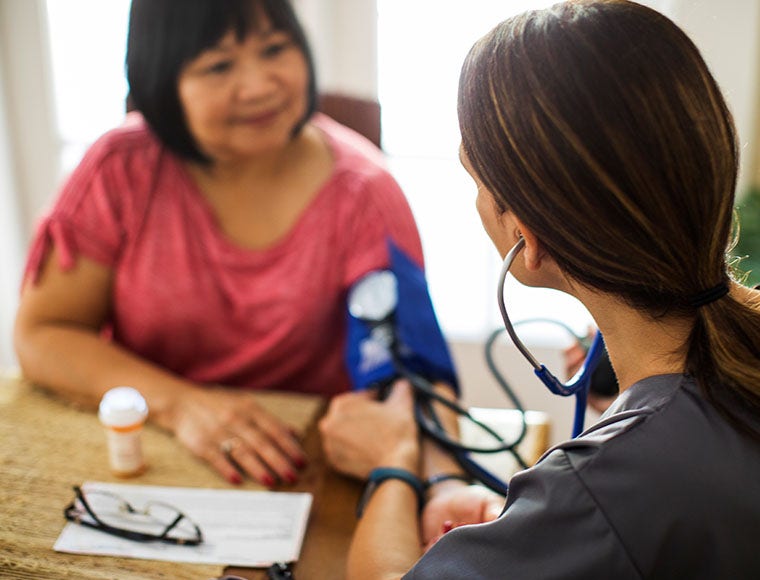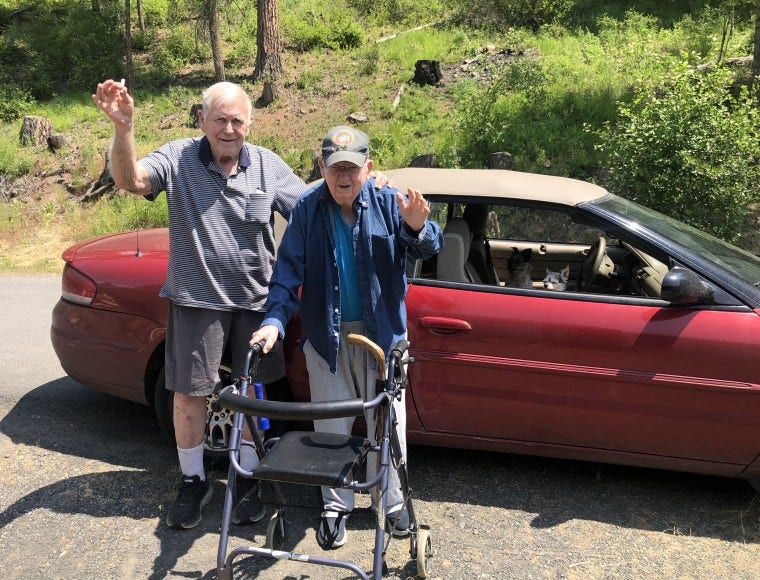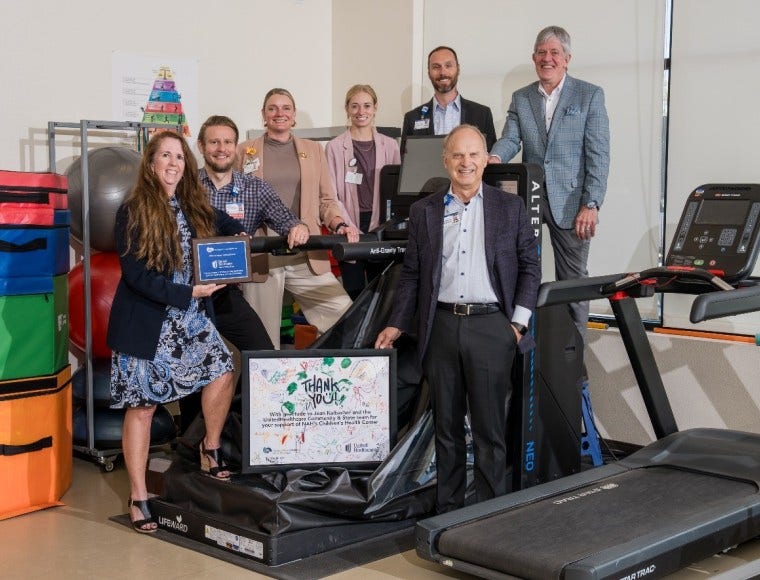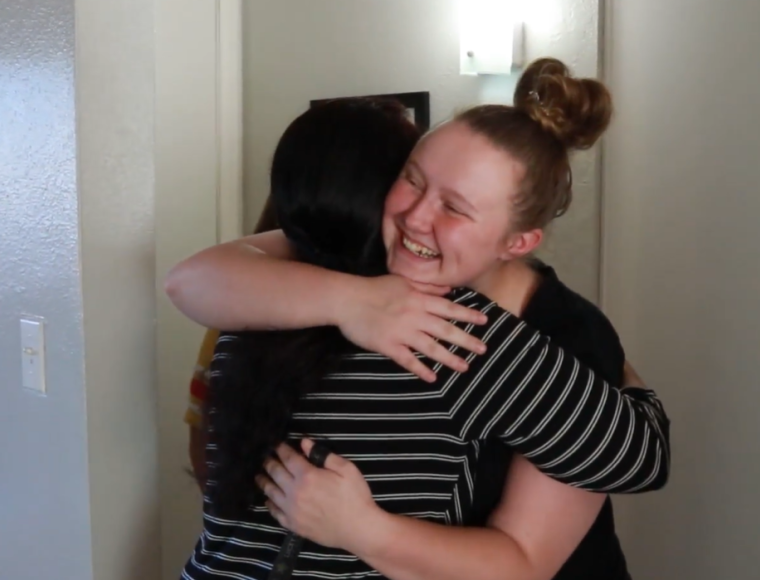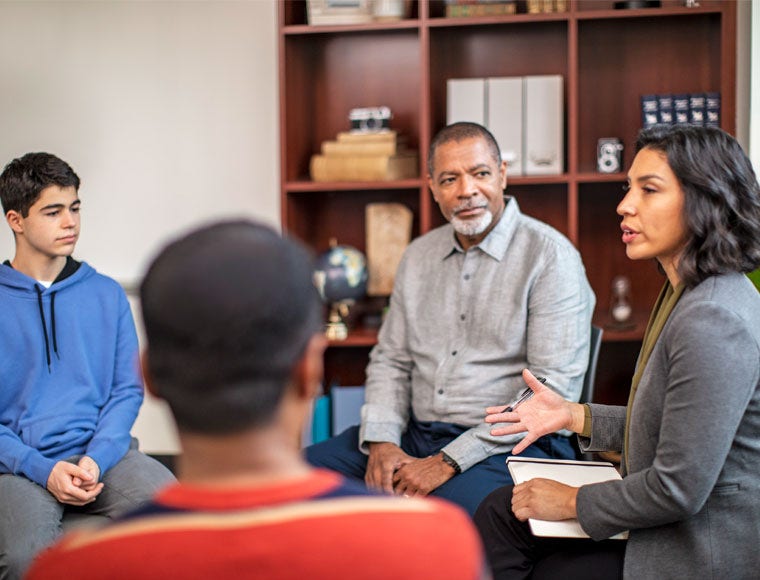Rocky Mountain Health Plans, a UnitedHealthcare company, champions local collaborations that work to ensure that everyone in Colorado has access to the care and resources they need. We are dedicated to building healthier communities across the state by uplifting organizations that are focused on key areas impacting our communities, including access to care, health equity, behavioral health and children’s health.
Since 2022, Rocky Mountain Health Plans has invested $20 million with over 130 organizations that are closing disparities, removing barriers and improving population health outcomes. We are highlighting just a few of the organizations that are bringing community-led solutions to address four key areas.
Access to Care
Twenty-six percent of adults in Colorado do not have a personal doctor or healthcare provider, a rate higher than the national average.1 Twelve percent of adults in the state didn’t see a doctor when they needed to due to costs. For the 750,000 Coloradans living in rural or frontier counties, accessing care presents additional barriers: 36 of Colorado’s 47 rural or frontier counties are considered Health Professional Shortage areas.2,3 These organizations are expanding access to care and building connections between community members, providers and local supports:
- Health Partnership, which received $43,000 to support a Regional Health Connector, who works to educate primary care providers and behavioral health providers about Medicaid, improving Medicaid members’ ability to access these services.
- Northwest Colorado Center for Independence, which received $100,000 for application support to help people navigate access to health care and community services.
- Uncompahgre Medical Center, which received $125,000 to support gaps in coverage and to expand capacity through retention bonuses and new physician onboarding.
Health Equity
Underserved communities in Colorado experience persistent inequities in access to care and in health outcomes. Black and Hispanic residents experience lower life expectancy and higher rates of chronic diseases compared to white residents.4 They are also more likely to avoid health care because of fears of discrimination. People with disabilities are more likely to experience chronic conditions including obesity, diabetes and heart disease.5 Coloradans who identify as LGBTQ+ are three times as likely as non-LGBTQ+ residents to be diagnosed with anxiety or depression. We are supporting community organizations that are closing these disparities to drive more equitable health outcomes, including:
- Loving Beyond Understanding, which received $320,000 to expand support groups in Grand Junction that are dedicated to affirming LGBTQ+ teens and supporting their parents or caregivers.
- Western Slope Native American Resource Center, which received $200,000 to open a resource center that connects community members who are Native American to local, culturally-relevant resources.
- Identity Insights Counseling, which received $50,000 to train clinicians and provide transportation support to patients, expanding access to behavioral health for people who identify as LGBTQ+.
Behavioral Health
The number of people in Colorado experiencing frequent mental distress increased by 28% between 2018 and 2021.6 Medicaid members report the highest rates of mental illness and substance use disorder.7 However, provider shortages and barriers related to social drivers of health (SDOH) create obstacles to seeking treatment. These organizations are working to improve access to high-quality behavioral health care across Colorado, including in rural communities:
- Oliver Behavioral Consultants, which received $170,000 to support a Mobile Diagnostic Unit that brings a team of behavioral health providers to families in rural areas and to offer specialized trainings for mental health providers to serve people who have an intellectual or developmental disability.
- Willow Collective, which received $75,000 to enhance care coordination and peer support groups for parents navigating child welfare systems or justice-involvement.
- Ariel Clinical Services, which received $88,400 to increase access to behavioral health services for children in out-of-home placements and for adults who have a dual-diagnosis of an intellectual or developmental disability and a mental health disorder.
Children’s Health
Enhancing the physical, behavioral and emotional well-being of kids throughout the state is critical to ensuring healthy starts. Just 33% of Medicaid members in Colorado ages 12 to 21 received an annual well-care visit, and fewer than half of high school students meet recommended guidelines for physical activity.8,9 Forty percent of high school students feel persistent feelings of sadness or hopelessness. This figure jumps to over 72% among students who self-identify as transgender, nonbinary or genderqueer. These organizations are empowering kids with the care and support they need to thrive:
- Centura Health, which received $230,000 to bring Youth Mental Health First Aid trainings to schools, and to support mental health and empowerment among middle school and high school students.
- Primary Care Partners, which received $10,000 to help kids build healthier habits through improved access to healthy foods, cooking classes and physical activities.
- Impact on Education, which received $56,000 to enable Boulder Valley School District to create and maintain multiple Wellness Centers in local high schools, including a location at Monarch High School that has received over 6,500 visits in its pilot year.
To learn more about how Rocky Mountain Health Plans is investing in the communities we serve, download our 2023 Community Funding report.
Sources
- https://www.kff.org/statedata/election-state-fact-sheets/colorado/
- https://coruralhealth.org/wp-content/uploads/2013/10/2018-Snapshot-FINAL-VALIDATED.pdf
- https://leg.colorado.gov/sites/default/files/images/committees/2016/11_-_colorado_rural_health_center_-_2016_snapshot.pdf
- https://www.coloradotrust.org/wp-content/uploads/2015/03/CT_Workforce_Diversity_Brief_FINAL.pdf
- https://leg.colorado.gov/sites/default/files/images/5_cdphe_health_disparities_and_equity_0.pdf
- https://www.uhc.com/employer/news-strategies/resources/2022-health-rankings/colorado-health-rankings
- https://www.kff.org/statedata/mental-health-and-substance-use-state-fact-sheets/colorado/
- 2022 Child and Adult Health Care Quality Measures Quality (medicaid.gov)
- https://cdphe.colorado.gov/healthy-kids-colorado-survey-dashboard

